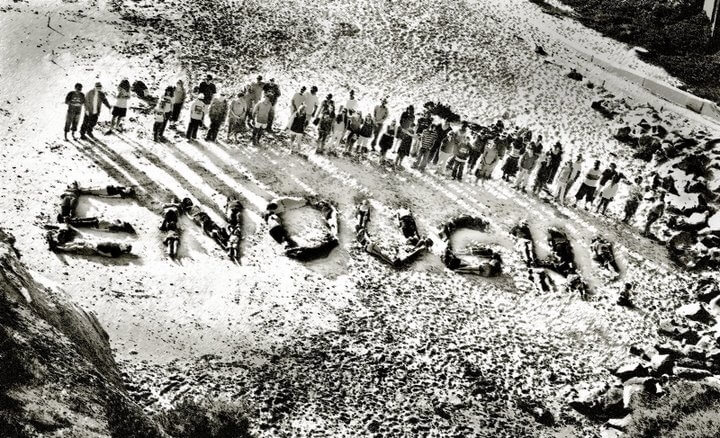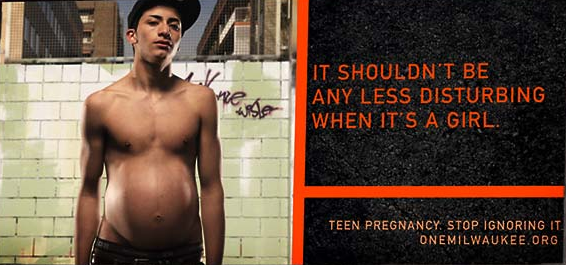Normal behavior vs. problem behavior
Understanding the complexity of changes that occur in teenage individuals, as well as the challenges they face each day is not easy. In fact, the line between a real issue and normal teen behavior is not always evident. This why it’s important to know your teenager and assess the nature or cause, intensity, severity, and duration of the problem before you can conclude that special attention is required. Identifying the signs and symptoms of addiction requires a keen eye and is a part of the self-education parents undergo when considering a possible issue with drugs or alcohol.
Here, we’ll explain what you can do, as parents, in a case when the problem with drugs or alcohol is real. Read on to learn how to stage a teen intervention and help your son or daughter. If you have any personal experiences or questions to share, you can post them in the comments section below.
Why is early intervention crucial?
Drinking, abusing medications or drugs, self-destructive behaviors, eating disorders and other problems do not have to become desperate before you do something for your teen. Waiting until your teenage son or daughter “hits rock bottom” can unnecessarily prolong a problem. Plus, it’s not the only time they will need your help and support. Actually, it’s best to register the early signs and react. The sooner, the better.
If you can notice the early signs and changes that indicate substance abuse or other type of problem behavior, you will be providing your child with greater chances to successfully overcome substance abuse. Chances are further increased if you consult an intervention professional, stage a family intervention for your teen, attend family counseling, and if s/he accepts the adequate and offered treatment.
What are the stages of substance abuse and how to intervene?
1. Experimentation: During this stage of adolescene, teens try alcohol, smoking cigarettes, marijuana, abusing prescription medications or OTCs (over-the-counter medications). Some teens will experiment and stop at that, but for others, experimentation can be the first step in developing a long-term addiction problem.
It’s very unlikely that you will catch your teen experimenting, since this is not a repetitive behavior that would make you suspicious. In order to minimize risk, it’s important to establish a close relationship with your child and have frequent open conversations. Teens feel much more comfortable talking with parents if they feel understood and not judged.
2. Regular use: This stage involves a repetitive pattern of underage drinking, smoking pot, or abusing prescription or illicit drugs. This is the stage in which subtle, but noticeable changes happen and you can see that something is not right with your child. If you could pick up on the signs and react during this stage of substance abuse, it would be very beneficial to you and your teenager.
3. Risky behavior: A stage in which interpersonal relationships begin to suffer as a consequence of the substance abuse. You may find drug paraphernalia and see your teen lacking motivation, dropping school work and acting out of the ordinary. Something definitely needs to be done during this stage, and you may start by consulting a medical professional and gathering your family, friends and loved ones to participate in an intervention.
4. Addiction: Characterized by the compulsive need to use the substance of choice. Addiction and chemical dependency can become obvious at this point, but it may feel like you cannot wrap your head around the problem. That is because the teen addict is focused on using, despite being aware of the risky consequences and despite knowing that what you say is true. Seek professional medical help immediately to help your teen fight addiction.
Finding a teen intervention professional
If you’ve just discovered your teenager son or daughter has been drinking, abusing prescription drugs, smoking marijuana or has tried drugs, it is normal to have a mix of emotions including fear, disappointment, anger, and concern. You may also feel that you have tried everything and are coming at the end of your energy and resources from trying to help your teen accept recovery and treatment for addiction. You might even feel hopeless.
In any and all cases, you don’t have to deal with you son or daughter’s addiction on your own. Trained psychologists, licensed intervention professional and addiction treatment providers can help out. You can find a certified interventionist in several ways:
- Ask for a referral if you know other parents who dealt with a similar situation
- Talk to your doctor, s/he may have someone they can recommend you call
- Treatment centers provide counselors that can help you with intervention
- Search the Association of Intervention Specialists to identify a specialist with excellent credentials (http://www.associationofinterventionspecialists.org/)
Early teen intervention questions
Do you have more questions you’d like to get answered? Feel free to post them in the comments section below and we’ll get back with a personal and prompt answer. Also, don’t hesitate to share your own personal take on the subject.











0 Comments